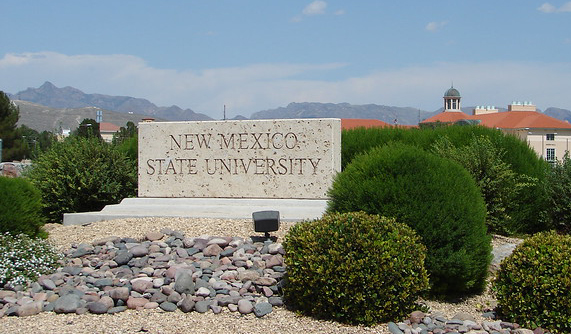A professor of Law found that the election fraud evidence was significant and the cases dismissed were only on legal process grounds, which he explains what that means below.
Patrick Delaney wrote a piece that interviewed this man. There is also a video with the explanation of the findings from this law professor.
- – – – – – – – – – – – – – – – – – – – – – – – – – – – – – – – – – – – – – – – – – – – –
A business law professor at New Mexico State University (NMSU) said that anyone who proposes there “is no evidence” for massive election fraud in November’s presidential election doesn’t know what they are talking about.
Professor David K. Clements released a provocative video in response to a letter sent to the entire faculty of NMSU from Dr. John Floros, the university’s president. Clements described the letter as “regurgitating” the narrative “in the media” regarding the election and the January 6 violence at the U.S. Capital.
For those who believe “there is no evidence, you don’t know what you are talking about,” he said. “I’ve reviewed hours upon hours of public hearings. I have read almost all of the lawsuits that are out there. Most of them were dismissed on legal process grounds.”
These suits, he said, were dismissed due to a legal lack of standing. “The general argument” that was presented in these cases, he said, “was that because this was a general harm,” then “you have no standing because your harm has to be particular. It’s not because there isn’t evidence. There is evidence,” the professor emphasized.
“In fact, I’m in possession of 574 pages of sworn affidavits, forensic reports, all of which would make its way in a court of law under the rules of evidence in a federal or state court. The fact that the evidence has not been heard here by these courts” should not be conflated into “this idea that there is no evidence,” Clements argued.
“The courts have done what they always do,” Clements explained. “When you have political matters, they want them to be decided politically, not in a court room, but through the elections, through the state legislatures.”

